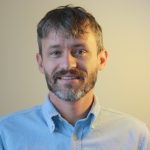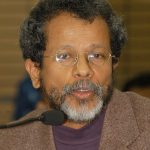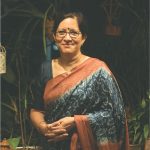Monitoring the world’s rivers through citizen science; results and case studies from major Asian Pacific cities
Jonathan Ho
Earthwatch Institute, Hong Kong
There is no doubt that rivers are a vitally important resource that provide fundamental services for local communities and regional populations. However, many freshwater ecosystems are being over-exploited and significantly degraded. The first step to solving any environmental issue is to understand the problem – and that requires new approaches to acquiring and analyzing key data about ecosystem dynamics. Freshwater Watch is a global research project that investigates the health of freshwater ecosystems and supports researchers to develop new approaches to river and catchment management, with the support of the local community. Unlike conventional research efforts, participating scientific institutions and monitoring agencies take advantage of a citizen science approach to increase their access to information about the dynamics of their study rivers and catchments. This is achieved by mobilizing, training, and empowering participants to make robust and consistent measurements of river and lake ecosystems. The benefits of this global citizen science program are twofold: to increase the amount of environmental data available for model development and catchment monitoring, and secondly to create environmentally-conscious communities of environmental stewards.
Freshwater Watch, a program of Earthwatch Institute is a multi-language platform with transdisciplinary infrastructure that is supporting one of the largest freshwater research efforts in the world. Since 2012, it has been supporting more than 30 research institutions, training more than 8,000 citizen scientist leaders in a consistent and robust method of data acquisition, and investigating more than 1,500 waterbodies in 5 continents.
Hong Kong, Shanghai, Guangzhou, Singapore, Kuala Lumpur, and Jakarta are among the study locations where Freshwater Watch has been established. Results from these cities show important differences in river dynamics, largely linked to the catchment conditions and climate.







